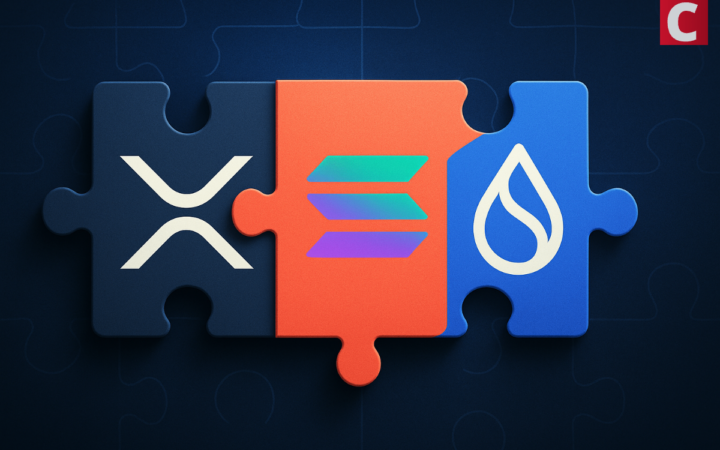
Darya is a crypto enthusiast who strongly believes in the future of blockchain. Being a hospitality professional, she is interested in finding the ways blockchain can change different industries and bring our life to a different level.
Nick Evdokimov, specialist in reducing risk in the blockchain market, has revealed how blockchain investment funds mitigate risks during running Initial Coin Offerings.

As long as risk is an essential part of investments in the blockchain space, every blockchain enthusiast speculated at least once. For many, these investments are a democratization of venture capital where opposite ideas can be given a go at the same time, and huge gains can be made from unpredictable of scenarios. However, for those who are looking for a stable income, it is not the smartest strategy to make money.
The blockchain market is volatile, but despite this volatility, it is possible to hedge investments, that’s why blockchain investment funds are becoming popular among small investors. Going for a conservative approach, they offer a more controlled exposure to the market while, in most cases, providing safer conditions for investments.
Blockchain investment funds are very good at mitigating risks because they sign mixed deals with startups. Funds perform several fuctions. Firstly, as large investors, they receive preferential treatment due to the amount of capital they bring, which gives them discounts and, more importantly, token-ensured equity. Consequently, funds have the long-term security of owning equity and the short-term easy exits brought by owning tokens, which gives them a secure advantage over the direct token sales that small investors have access to.
Secondly, funds protect their capital by retaining the right to make a delayed decision. When a fund pledges a certain amount of capital to a blockchain startup, this capital is not disbursed in full at once, but is given to the startup in parts within certain time frames. In such a way, the fund has the option of backing out of the investment if things become unfavorable.
Nick Evdokimov, pioneer in this strategy, has shared his experience on how to reduce risks and protect funds and small investors participating with them. Evdokimov explained:
“For example, if we sign a deal with for $1 million dollars, we have the right to make a delayed decision concerning 75% of the whole value of the deal. Three months later we will be able to make a decision to exit the deal completely. If we are ready to risk 25% of our investment, we must negotiate with the startup a condition allowing us to get back $750,000 from our $1 million package if the deal is revoked. It means that we risk losing only $250,000.”
It is noteworthy that these transactions are always handled through escrows during ICOs. These services are essential in conducting business by blockchain investment funds, as they add an additional layer of security. Moreover, escrows keep on reducing risks even after the ICO process. Similar to how delayed decisions work, they allow investments to be structured in stages according to the development of the project.
The possibilities mentioned are basic for inquiry in any blockchain investment deal. It is necessary to pay attention to startups working with funds and types of deals they sign with them. A prosperous fund will use strategies like mixed deals, delayed decisions, and escrow services to reduce risk it is exposed to. Small investors who have the option of going through these funds might find a more conservative way to participate in the blockchain market.

Darya is a crypto enthusiast who strongly believes in the future of blockchain. Being a hospitality professional, she is interested in finding the ways blockchain can change different industries and bring our life to a different level.




